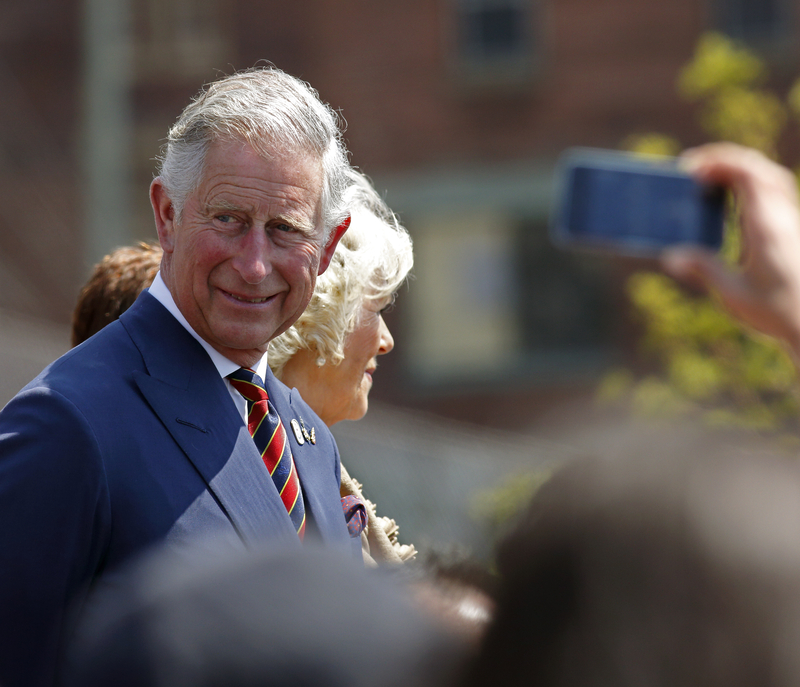"This is a game changer for African elephants."
That's Aili Kang, who is the director of the Wildlife Conservation Society in Asia. She's talking about China's official announcement that it will ban the domestic (or national) ivory trade and production by the end of 2017.
"I am very proud of my country for showing this leadership that will help ensure that elephants have a fighting chance to beat extinction," she also wrote in her statement. And she should be proud. Because even if African elephants live on a whole other continent from China, this is one of the best things that could have happened to the species. Why?
The biggest market for ivory
Ivory comes from elephants tusks. Though elephants are protected by law across Africa, this means that thousands of them are still killed by poachers (illegal hunters) every year just for their tusks. For example, about 20,000 African elephants were killed in 2015. The poachers are willing to risk going to jail just to get ivory.
This is because ivory is considered a very valuable material in certain places in the world. The biggest market for this product is China. Not only does China have the largest population of any country in the world, ivory is also prized there as a sign of wealth. A single kg (2.2 lbs.) of ivory can be worth over $1,000 (U.S.). This means that one male elephant's tusk (which weighs an average of 65 kg or 143 lbs.) could be worth over $65,000.
By making the ivory trade and production in China illegal, the Chinese government is taking a big step toward shutting down this market for good. Without the market, hunting elephants could become a lot less appealing to these poachers.
It's one step
On April 30, 2016, Kenyan president Uhuru Kenyatta burned a massive bonfire of elephant tusks that had been confiscated, or taken back, from poachers. This was a protest to show just how wasteful the ivory trade is to elephants in Kenya and across Africa. (Getty Embed)
While the ivory ban in China is an important step, it doesn't completely solve the problem around the world. For starters, selling ivory will still be legal in places like Hong Kong. And even then, black (or illegal) markets will still try to sell ivory to people who want it.
But if you care about elephants and animal conservation, this ivory ban is a reason to be happy! Want an example? In 1980, China passed laws protecting the giant panda. Now, these laws have helped take that animal off of the endangered species list. It may be a long fight ahead to protect the African elephant, but this is a move in the right direction!
 A new ivory ban in China is trying help stop the illegal hunting of African elephants for their tusks. (© Tom Dowd | Dreamstime.com)
A new ivory ban in China is trying help stop the illegal hunting of African elephants for their tusks. (© Tom Dowd | Dreamstime.com)










??elephant are my favourite animal
It’s great that China is making selling ivory illegal. It’s also good for the African elephants.